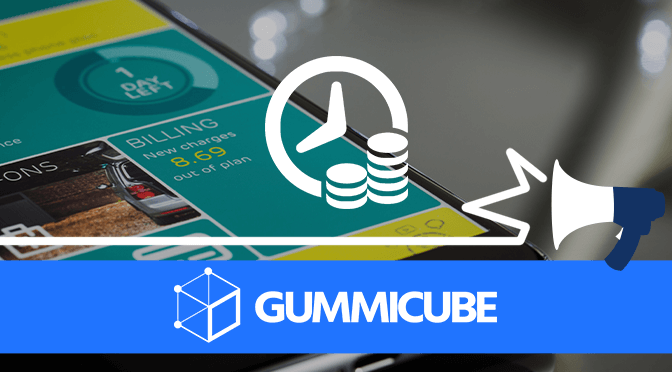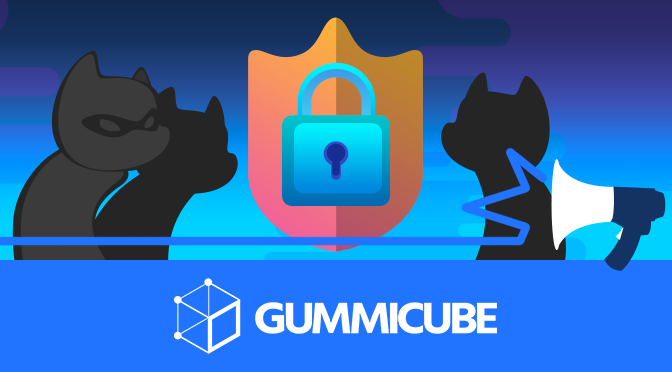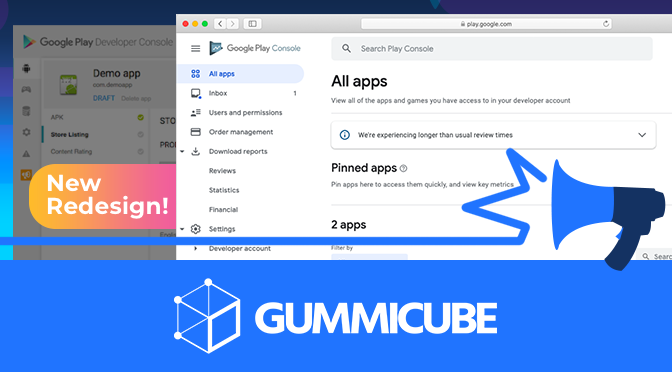
App Store Holiday Schedule 2020
Posted on November 23rd, 2020
When is the App Store Holiday Schedule 2020? Learn about the dates of this year's shutdown and how to prepare.

Google is introducing new ways to let app developers monetize their apps while rewarding users. The new monetization option is called “Rewarded Products,” as it allows non-paying users to obtain in-app goods by spending their time, rather than money. There are many ways that utilizing this can be beneficial to an app’s App Store Optimization strategy as well as a source of income.
Rewarded products are intended to provide new ways for apps, particularly mobile games, to increase their revenue and reward users without making them pay directly. Currently, this consists solely of rewarded videos. Users can view an advertisement and be rewarded with in-game currency, bonuses or similar rewards.
Developers can add rewarded products to their apps with the Google Play Billing Library and launch them from the Play Console. Once developers have earned $10 or more through rewarded products, they’ll be able to cash out. As with any advertisement, the amount they earn depends on the amount of views they get, but popular apps with consistently high amounts of users may be able to quickly earn a decent amount.
The concept of rewarded ads is not new – Google first introduced the idea at the 2018 Game Developers Conference. Several mobile games have also offered minor in-app rewards for viewing sponsored content to a limited extent (typically one video per day). With the new announcement, the rewarded products option is rolling out to more developers while making it easier to offer user rewards for viewing video ads. The reward products are powered by AdMob technology and can be added to any app without requiring any extra SDK integration.
As Google states, this is a way to increase advertising revenue by incentivizing users to view ads. Users provide different levels of value, from the infrequent spenders who rarely make purchases to the “super users” that provide 80% of the app’s profits. Providing users with the option to be rewarded for viewing an ad provides a way for those who do not typically spend money on the app to create revenue for the developer without it costing the user anything.
It is often easier for users to spend time than money. If they’re already using and enjoying the app, taking 30 seconds to watch a video for free rewards can be more enticing than spending a small amount of money for more rewards, especially for dedicated users who are on a tight budget. This can also help lower the barrier between free and paying users by providing new outlets for users to obtain in-app resources.
When developers implement rewarded products, they can capitalize on the new offer with App Store Optimization. Updating the app listings to capitalize on “new ways to earn free rewards” can bring back old users and motivate new ones to install.
If users of a mobile game were driven away by the disparity between free and paying users, giving them the ability to earn in-game currency and rewards without spending can incentivize them to return. Similarly, if potential new users are concerned about installing a new game then finding out they have to spend money on it to succeed, demonstrating that they can receive benefits and rewards without spending money can encourage them to install it.
The Google Play Store app listing should be optimized to emphasize this new option. Let users know they can “Earn Coins” or get “Bonus Content” as part of a new promotion – these are often terms that users frequently search for. This will help encourage conversions and bring in users who are looking for games to play that don’t cost money.
While rewarded products can be good for existing users and supplementing an app’s income, it can also present an opportunity to bring in new users when coupled with proper App Store Optimization.
Want more information regarding App Store Optimization? Contact Gummicube and we’ll help get your strategy started.

When is the App Store Holiday Schedule 2020? Learn about the dates of this year's shutdown and how to prepare.

Apple's App Store Guidelines have strict privacy requirements. Developers now must provide information to users on the App Store listing regarding the data they access.

The Google Play Developer Console has been updated with a new design and adjusted tools. What's different, and how will it impact App Store Optimization?